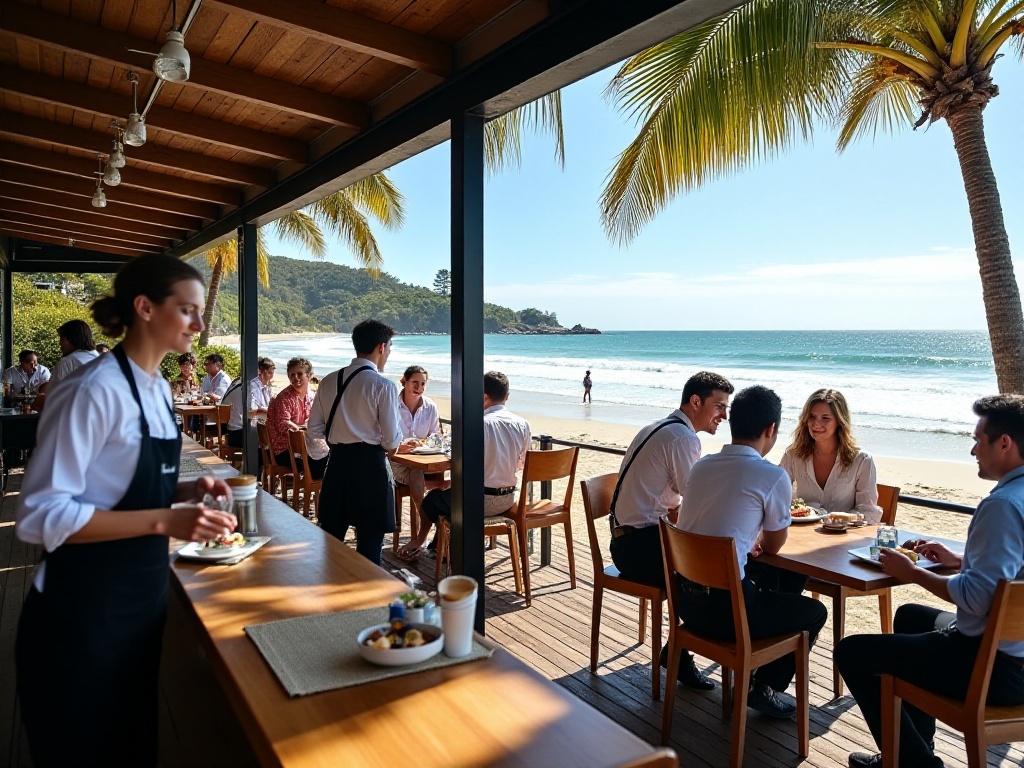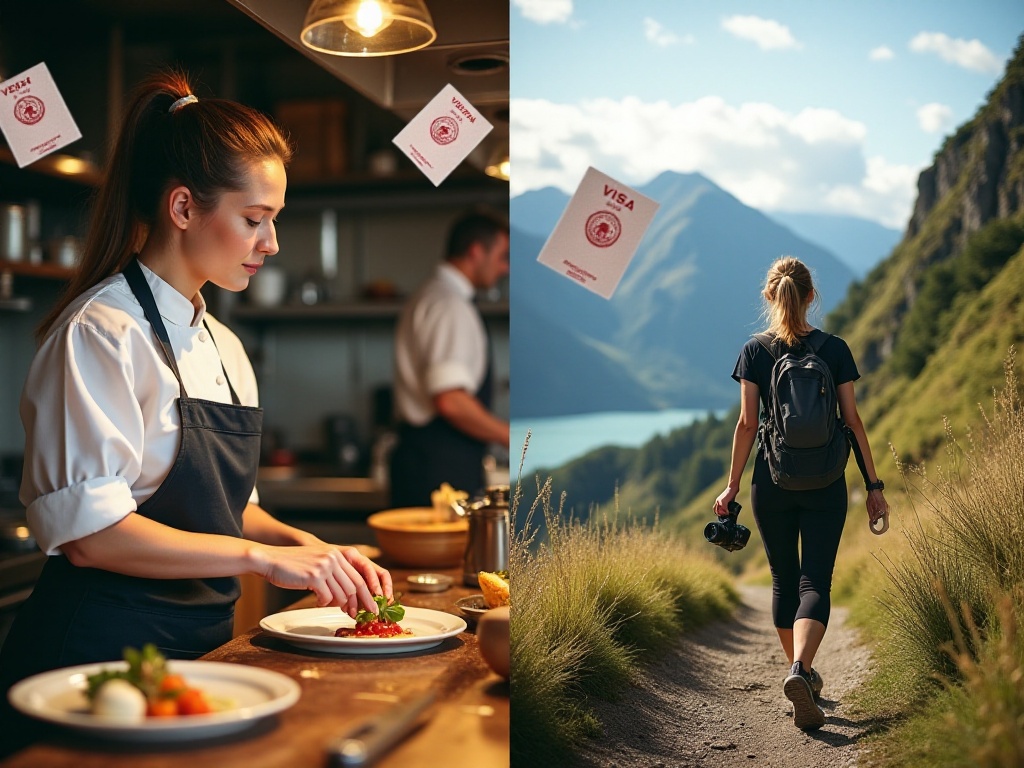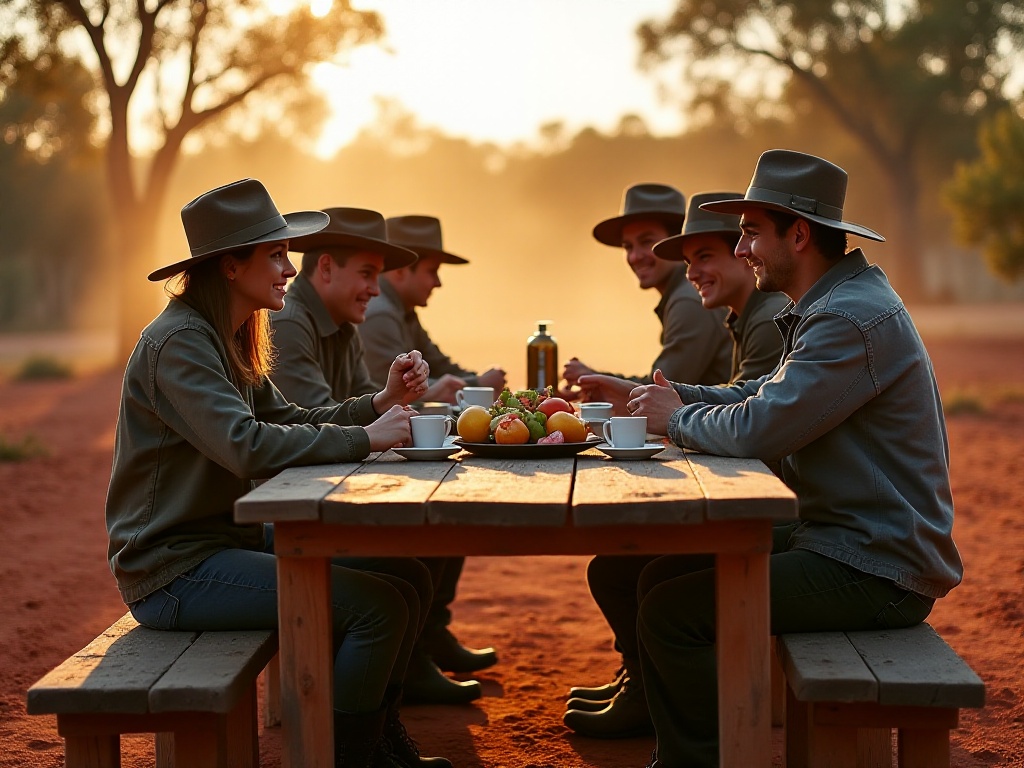
Preface
To be honest, before starting my Australian working holiday journey, I was also full of hesitation and worry. I spent days scrolling through social media, seeing how wonderful others' lives were abroad, but couldn't take that first step myself. Until one day, I told myself: "It's just one year, worst case I can always come back!" And with that, I packed my bags and embarked on this life-changing journey.
Looking back now, that decision was absolutely worth it! Not only did it allow me to see a bigger world in my prime years, but I also gained the ability to live independently, and even learned how to make authentic Australian coffee - how cool is that!
What is a Working Holiday Visa
Does a working holiday visa sound fancy? It's actually just a permit that allows you to work legally abroad! Imagine being a cool barista at a café near the Sydney Opera House and sunbathing at Bondi Beach on weekends, or working as a fashion retail assistant in Melbourne's busiest districts and experiencing the city's artistic vibe after work.
Most importantly, the application requirements are super friendly! As long as you're the right age (18-30, extended to 35 for some countries), have a passport, and don't have children, you can basically apply. You don't need to be a graduate from a prestigious university or have extensive work experience. It's specifically designed for young people like us who want to explore!
I remember being so excited while preparing my application materials. The thought of starting a new life in a foreign country was thrilling! Sometimes I'd lie in bed at night wondering: "What if I can't find a job?" "What if my English isn't good enough?" But then I'd think, youth is all about taking chances!
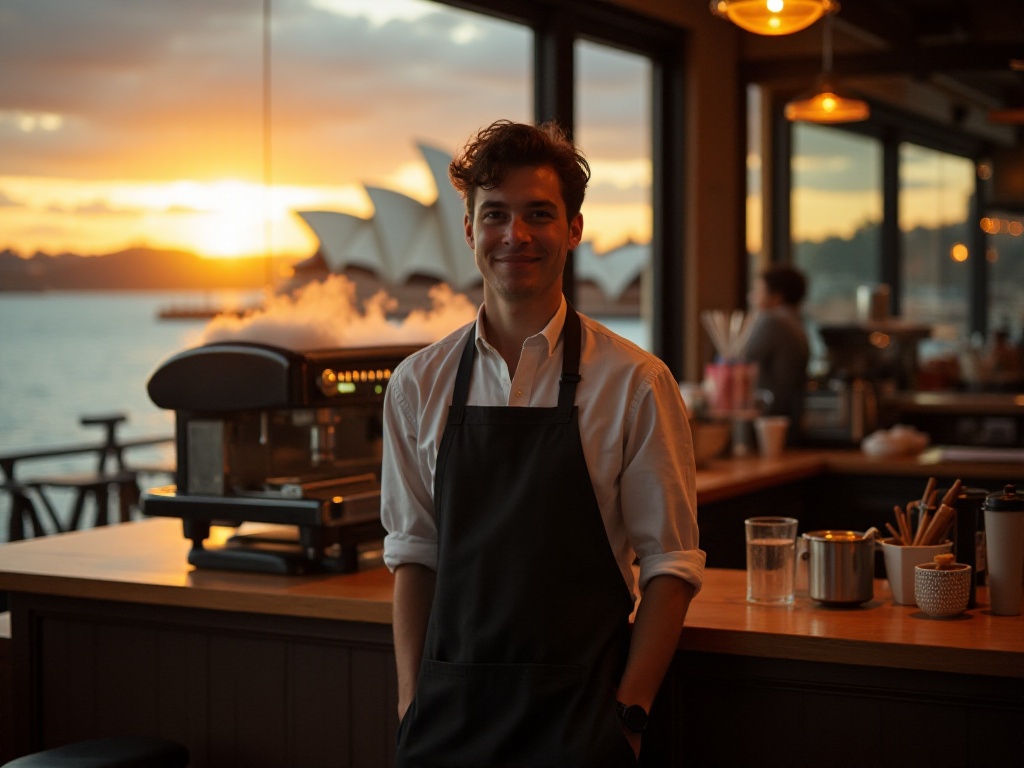
Job Opportunities
When it comes to job opportunities, there are so many choices! Restaurant server, hotel receptionist, farm worker, supermarket stocker - you can always find something suitable. Many jobs don't require high English proficiency; what matters most is your attitude and ability to learn.
My first job in Sydney was as a server at a small café. At first, I was terrified of taking orders, afraid I wouldn't understand customers. But the boss was very patient, teaching me how to communicate with customers using simple English. Gradually, not only did my English improve, but I also learned to make coffee! Now I can even distinguish different coffee bean aromas - I'll definitely be a coffee expert when I return home!
Later, I went fruit picking on a farm, which was an unforgettable experience. Working every day with people from around the world, picking fruit while chatting - though tiring, it was very fulfilling. The funniest part was competing to see who could pick the most fruit, with the loser buying bubble tea for everyone. I not only earned money but also made some amazing friends!
The pay is quite good too. At the café, I earned 23 AUD per hour, working 30-35 hours per week, saving almost 10,000 AUD monthly. Farm work is harder but pays more - if you're diligent, you can earn 200-300 AUD per day!
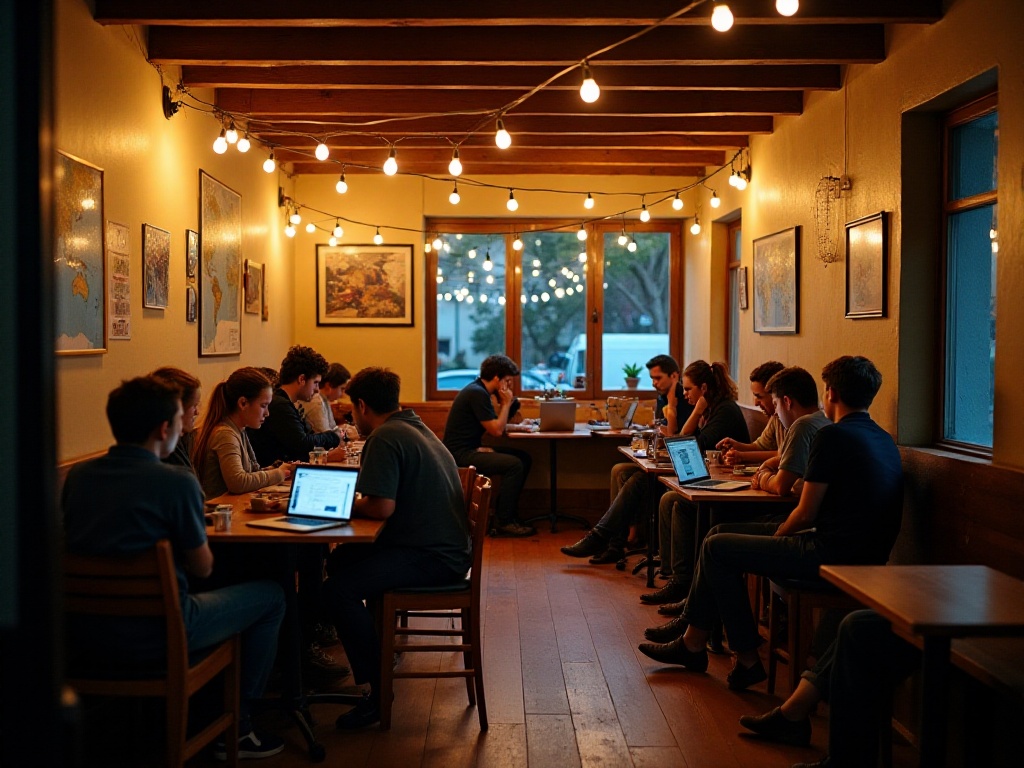
Time Planning
With one or even two years on your visa, how should you plan your time? My experience suggests dividing it into phases: adjustment period, working period, and travel period, then repeat.
During my first two weeks in Australia, I set an adjustment period. This time was mainly for overcoming jet lag, familiarizing myself with the environment, and handling various procedures (like getting a bank card and phone card). Don't rush to find work; let yourself adapt first. I remember when I first arrived in Sydney, I even took the bus in the wrong direction, thankfully kind strangers helped me find my way.
Then comes the working period. I usually work continuously for 3-4 months, focusing on saving money. I still go out on weekends, but work is the priority. When I worked at the café, I had to wake up at 5 AM to prepare before the morning rush. Though tough, watching my savings grow was really satisfying!
Once I saved enough money, my most anticipated travel period began! I used my savings to go diving at the Great Barrier Reef, watch sunsets at Uluru, drive along the Great Ocean Road... Each trip gave me new insights about this country. The most memorable was seeing the Southern Lights in Tasmania - that breathtaking beauty is truly indescribable!
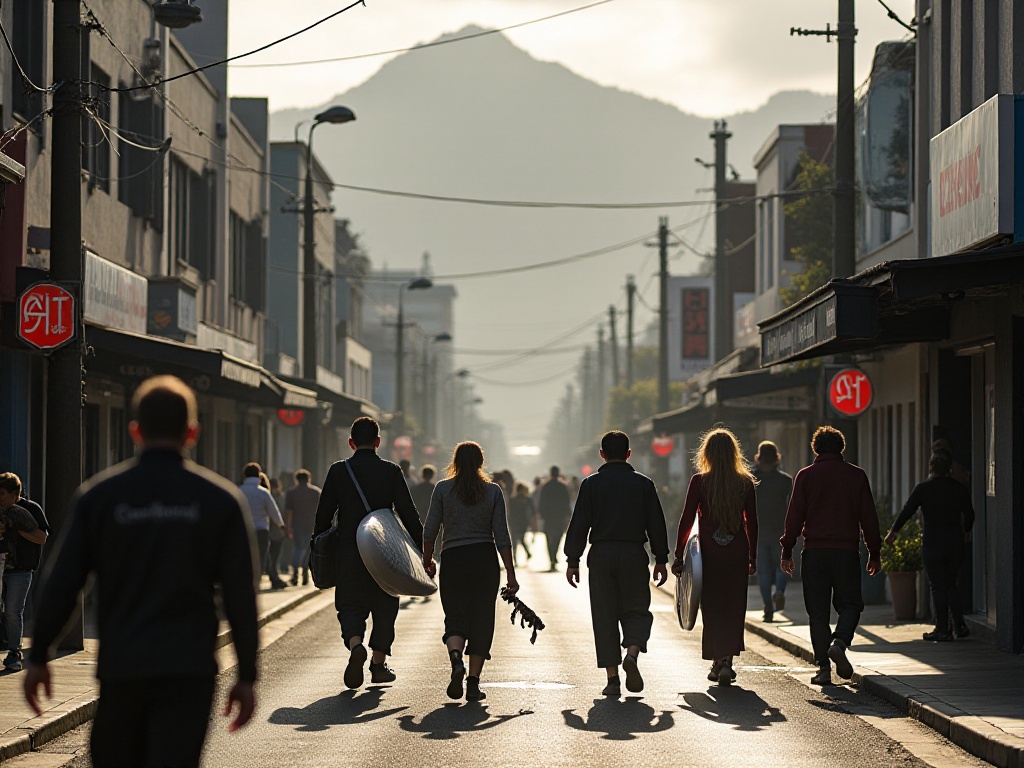
Application Process
Though applying for a working holiday visa seems to involve many steps, it's actually very organized. Here's my application experience:
First, prepare materials. Besides the basic passport and health certificate, you need proof of bank deposits. Australia requires at least 5,000 AUD in savings to ensure you have basic living security. I suggest preparing more, as initial expenses in Australia can be quite high.
Then fill out the online application form. This process requires special attention, as any incorrect information could lead to visa rejection. I double-checked everything while filling it out, afraid of making mistakes. Be careful with some tricky questions, like "Do you have a criminal record" - always answer truthfully.
Then wait for approval. My visa came through in about 3 weeks - super lucky! But some friends waited over a month. During this time, keep your phone accessible, as visa officers might call to verify information. I received a call from the embassy asking about basic information.
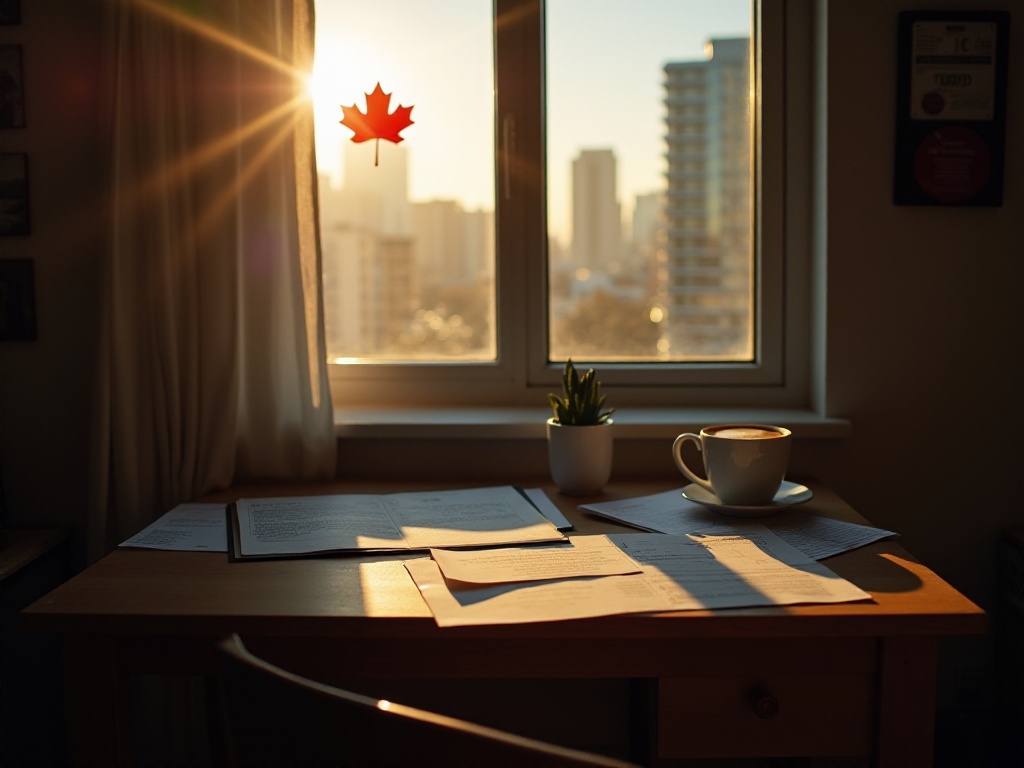
Accommodation Guide
Having a comfortable place to stay is especially important in a foreign country. My accommodation experience can be divided into two phases:
When I first arrived in Australia, I chose to stay in a youth hostel in the city center. Honestly, it took some getting used to, sharing space with strangers. But I quickly fell in love with this lifestyle! Every evening in the common area, I'd meet travelers from around the world. We cooked together, watched movies, shared travel stories - it was really fun. Plus, the hostel staff were very familiar with local conditions and gave me lots of job-hunting advice.
After finding work, I started looking for long-term housing. Renting in Sydney isn't cheap, so I chose to share. Through Facebook housing groups, I found two super nice roommates, a Japanese student and a Korean working holiday maker. We rented a three-bedroom apartment, my rent was 250 AUD per week including utilities. Though the house wasn't very new, the location was great, only 20 minutes by metro to the city center.
What delighted me most was how well we got along. Every weekend we took turns cooking - I taught them how to make dumplings, they taught me sushi and Korean BBQ. This way, we saved on food costs and learned to cook different cuisines!
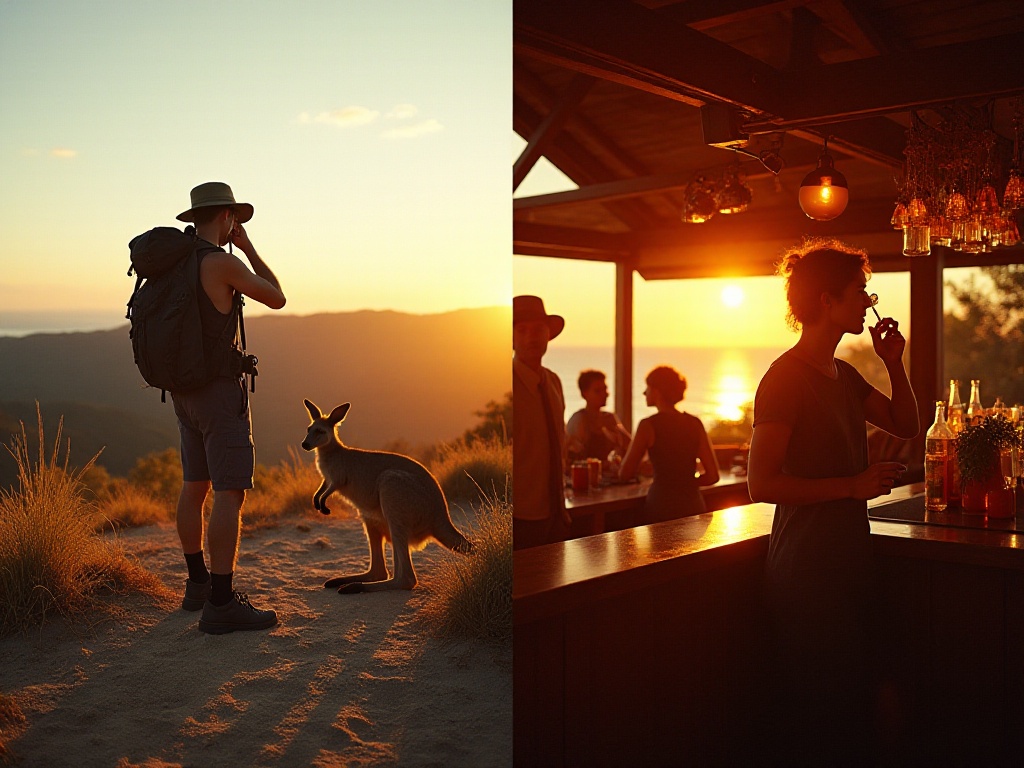
Experience Summary
The greatest charm of a working holiday is the opportunity to live like a local. You'll discover that Australians have a very different rhythm of life. On weekend mornings, everyone likes to sunbathe and surf at the beach; after work, they meet friends for drinks at bars and chat about life; during long holidays, they go camping in campervans... This lifestyle is really addictive!
I learned a lot at work too. Australians are serious about work but never sacrifice quality of life for it. Once when I volunteered to work overtime, my boss actually encouraged me to go home and rest, saying, "Life isn't just about work, go enjoy the sunshine!" This work philosophy is really worth learning from.
Most importantly, this year made me more independent and confident. Living alone in a foreign country, you have to solve problems by yourself. Gradually, I found I could handle various unexpected situations, and my English improved dramatically. Looking back, all those initial worries were unnecessary - taking the first step was what mattered!
I remember a German girl I met while working on the farm who said, "Travel makes you realize the world is bigger than you imagine, but also warmer than you expect." This really resonated with me. During my year in Australia, I met many kind people and experienced many new things - these are life's most precious treasures.
So, if you're hesitating about applying for a working holiday visa, my advice is: don't overthink it, just go for it! While you're young, give yourself a chance to live in a foreign country. Even if you find it's not for you and return early, it's no big deal. But if you never try, you'll never know how far you could go.
This year of working holiday taught me one thing: in life, we usually don't regret what we did, but what we didn't do. So, if you have the chance, take the leap! I'm sure you'll create your own amazing story.
Do you have any questions about working holidays? Feel free to leave comments for discussion. In my next post, I'll specifically talk about interesting experiences and tips for working abroad - don't forget to follow me so you won't miss it.
Next
The Great Resurgence: International Business Travel's Triumphant Return
In the wake of a global pandemic that brought the world to a standstill, a new chapter in international business travel is unfolding. As borders reopen and economies rebound, the corporate world is witnessing a renaissance of global mobility, driven by an insatiable appetite for face-to-face interactions and the irreplaceable value of in-person connections.
Complete Guide to New Zealand Working Holiday: How to Exchange Work for a Deep Travel Experience
A comprehensive guide to working holiday programs, covering core concepts, visa requirements, eligibility criteria, and practical applications with detailed examples from Australia and New Zealand working holiday schemes
Complete Guide to Working Holiday Visas: Travel the World While Earning Money - A First Travel Guide for Young People
A comprehensive guide to Working Holiday programs, covering visa requirements, popular destinations including Australia and New Zealand, employment opportunities, and support services for participants aged 18-30
Next
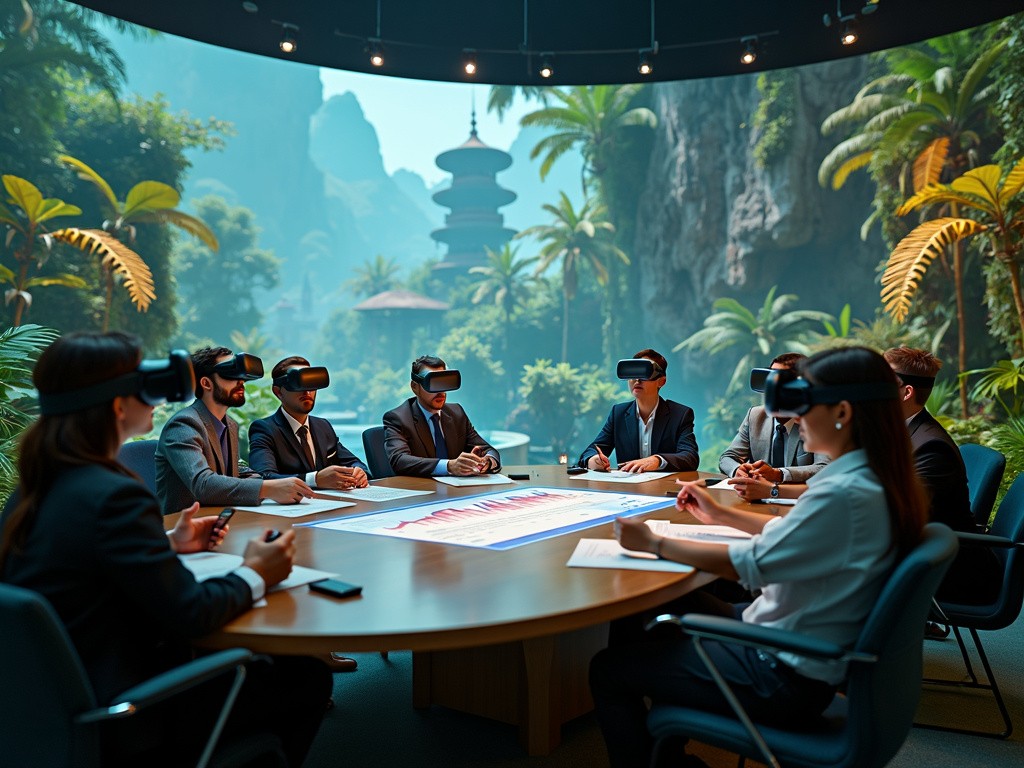
The Great Resurgence: International Business Travel's Triumphant Return
In the wake of a global pandemic that brought the world to a standstill, a new chapter in international business travel is unfolding. As borders reopen and economies rebound, the corporate world is witnessing a renaissance of global mobility, driven by an insatiable appetite for face-to-face interactions and the irreplaceable value of in-person connections.
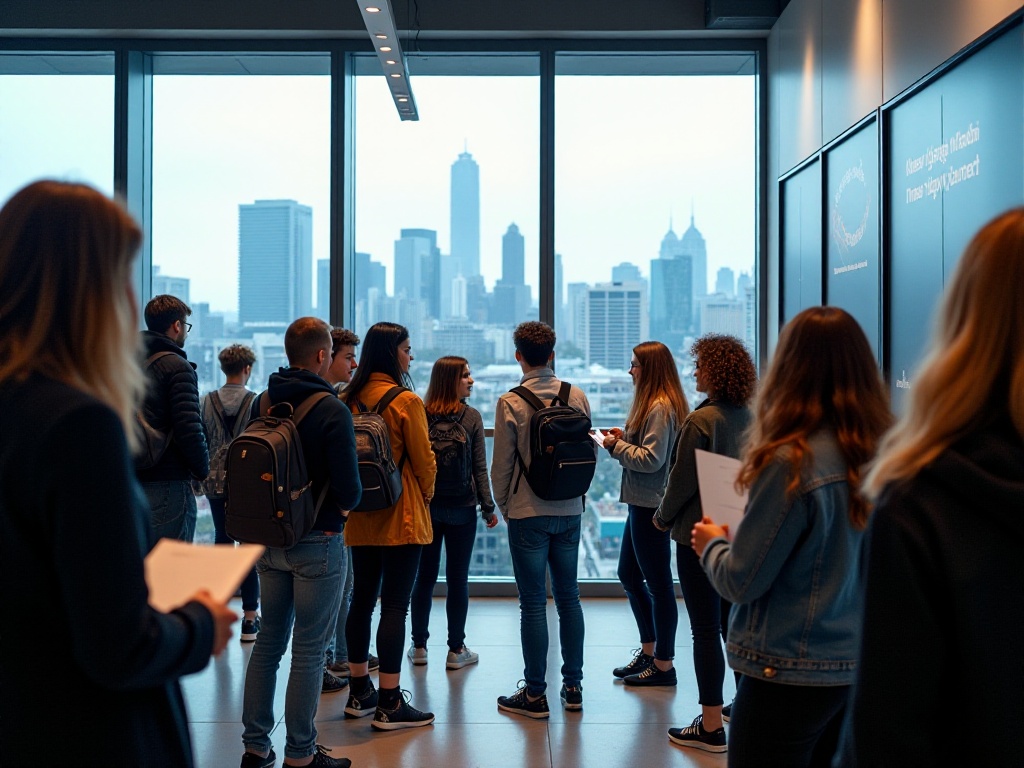
Complete Guide to New Zealand Working Holiday: How to Exchange Work for a Deep Travel Experience
A comprehensive guide to working holiday programs, covering core concepts, visa requirements, eligibility criteria, and practical applications with detailed examples from Australia and New Zealand working holiday schemes
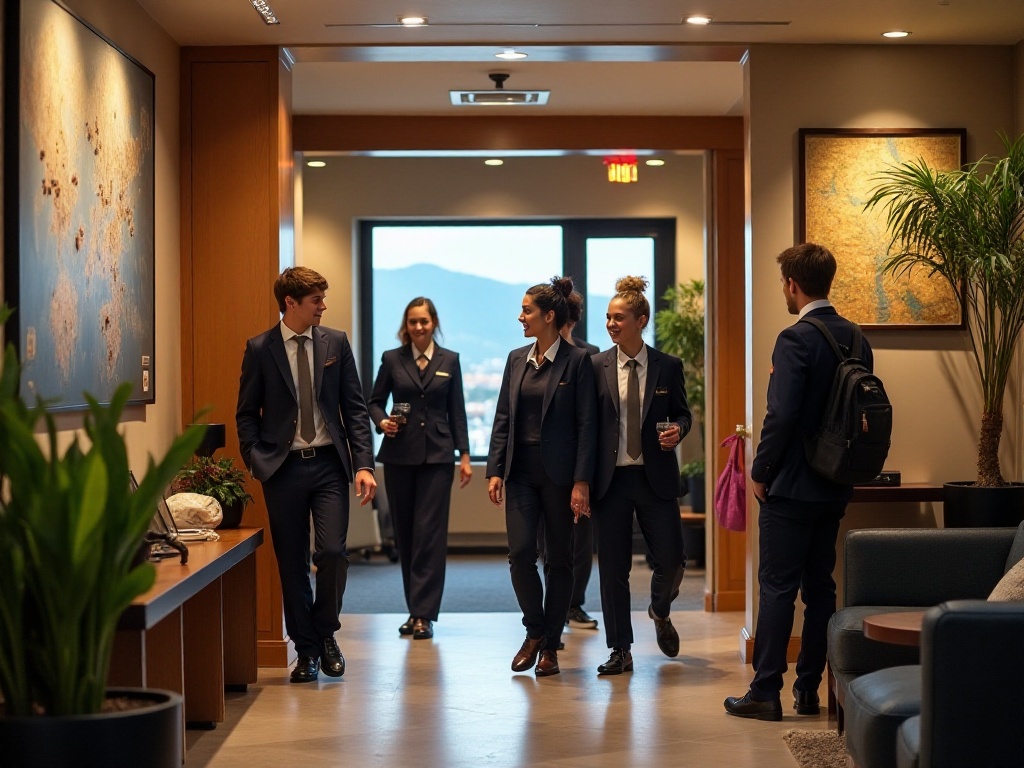
Complete Guide to Working Holiday Visas: Travel the World While Earning Money - A First Travel Guide for Young People
A comprehensive guide to Working Holiday programs, covering visa requirements, popular destinations including Australia and New Zealand, employment opportunities, and support services for participants aged 18-30

